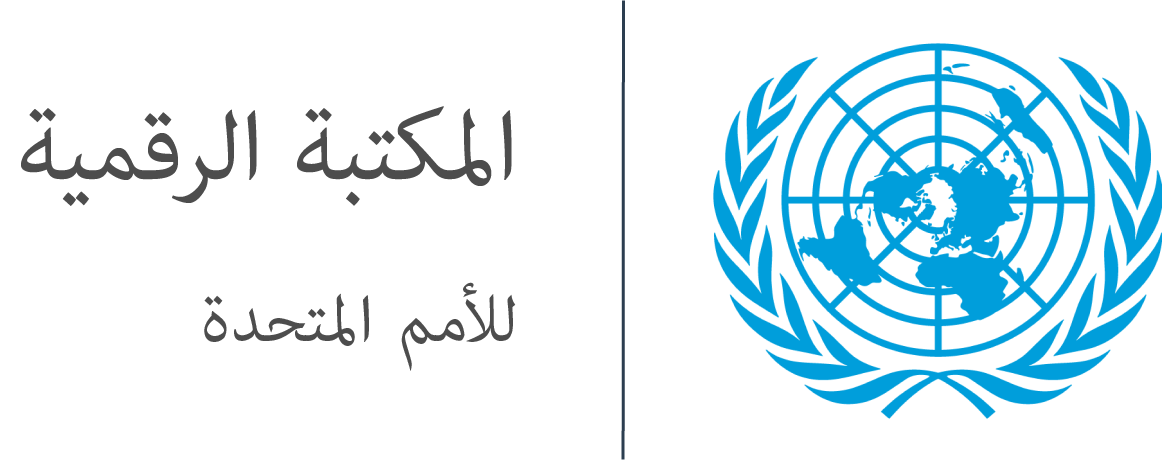Towards banning rice importation by 2023 : policy suggestions to reduce potential environmental impacts / Gerald Forkuor
2020
Files
تفصيلات التسجيلة (السجل)
العنوانTowards banning rice importation by 2023 : policy suggestions to reduce potential environmental impacts / Gerald Forkuor policy brief no. 22, April 2020
إمكانية الوصولEnglish: Policy_Brief_Towards_Banning_Rice_Importation_By_2023 - PDF ;
ملخص
Agricultural production is associated with the emission of greenhouse gases (GHGs) that cause global warming and induce climatic changes. It is estimated that about 15% of global GHG emissions emanate from agricultural activities. Of the 15% of global GHGs associated with agriculture, 45% is attributable to livestock and rice production systems. Rice cultivation is known to produce some of the most harmful of these GHGs, including methane and nitrous oxide. The government of Ghana's flagship "planting for food and jobs" policy aims to increase domestic rice production and eventually ban rice importation by 2023. But the policy does not directly address potential environmental threats and does not provide guidance on the measurement and management of potential increases in the emissions of potent GHGs. Although food security attainment and possible foreign exchange savings from eliminating rice imports are critical for Ghana's economic development, robust policies are needed to ensure that domestic rice sufficiency is not achieved at the expense of the environment. Policy support is required to provide guidance on agricultural management practices that can increase rice production and reduce GHG emissions. This brief presents the current state of management practices in different rice production systems and suggests possible policy revisions that can enable Ghana to achieve domestic rice sufficiency and mitigate GHG emissions.
المؤلفونForkuor, Gerald
UN University
UN University
تاريخAccra : UN University, 2020
الوصف
6p.
